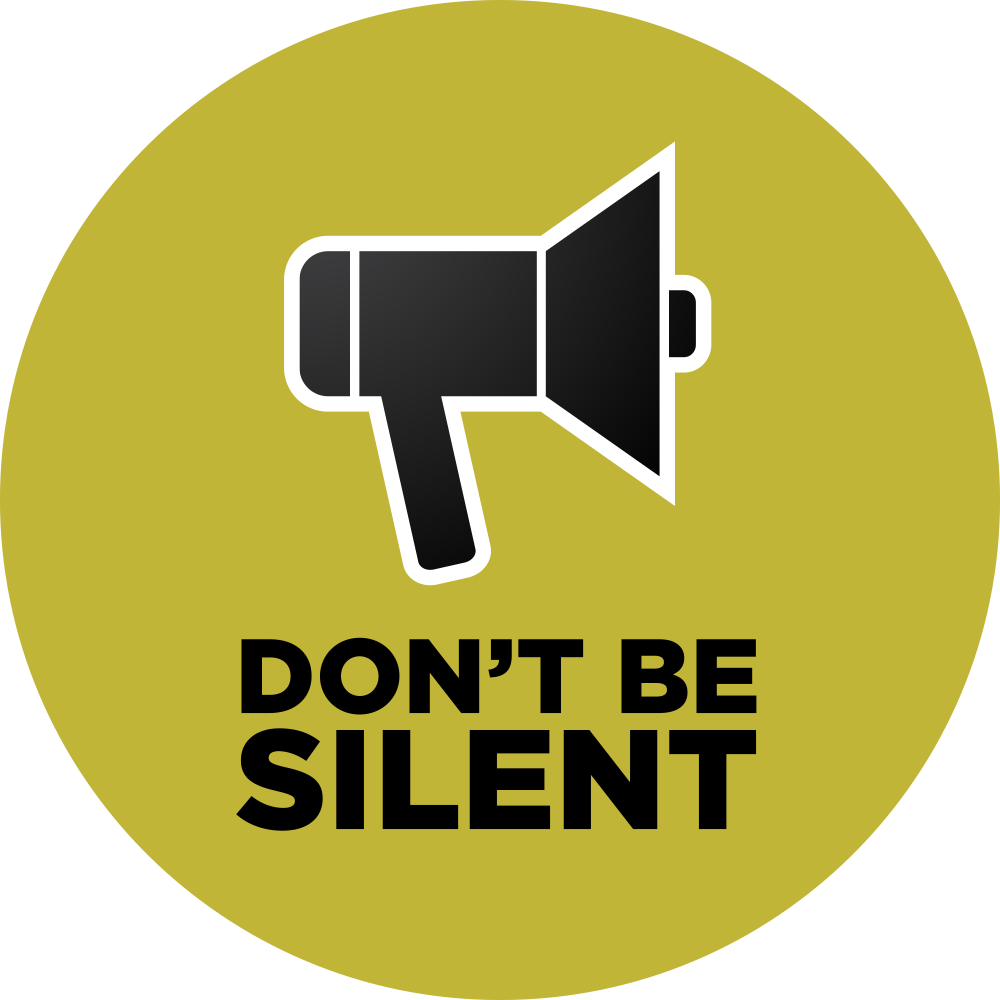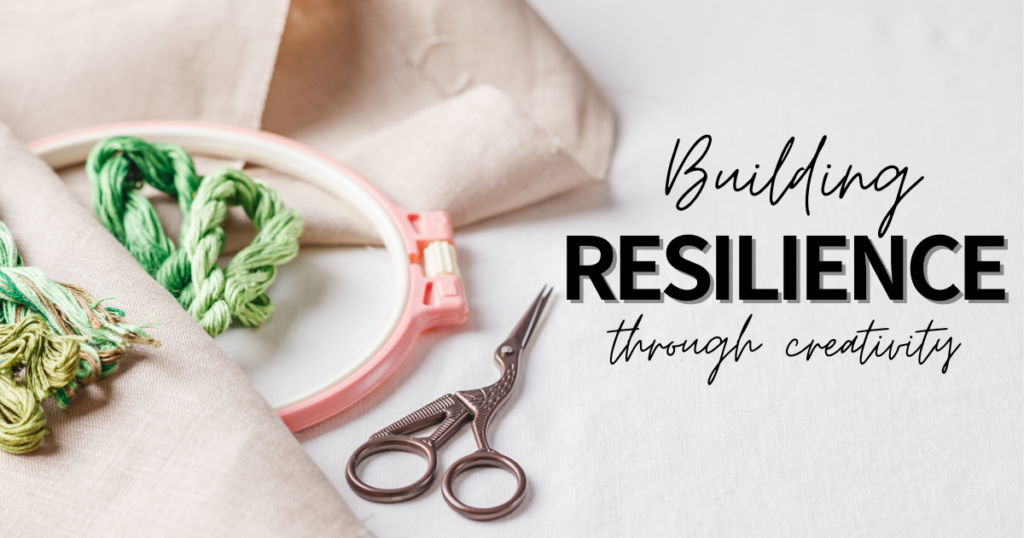Everyone kept telling me how wonderful it was that I was staying at the hospital with my mom, so that I could be sure to advocate for her. Every time someone said this, I felt a little bit more confused. What did I need to do? I’d never had to advocate for someone before. Was I doing it right? Was I totally dropping the ball? I made sure she had ice chips that first night. I stayed up another night when she was getting dehydrated, made sure the nurses were keeping track of her fluid loss, and got her a bolus IV when she needed one. I’d made her an awesome hospital care package. But was that enough? What was everyone talking about?
Her surgery was on a Monday, and the second day she was doing really well. My dad and I both stayed the first night she was in the hospital, and the next afternoon they both insisted I go home and rest, since I hadn’t really slept in 36 hours. I went home and slept for twelve hours that night before getting up, going to a hair trial for my wedding, and heading back to the hospital. She seemed fine the day before, so I took my time and did some things I needed to do.
When I arrived, my dad was sitting on the edge of my mom’s bed while she was crying and telling him about her day. I was terrified at this unexpected change.
My mother had been feeling so well that she sent my father home that morning to rest, assuming that she would be able to sleep until one of us got back. As anyone who has spent time in the hospital knows, the early morning is when the doctors, surgeons, and nurses all visit and try to get the patient up and about or run tests that they need. That morning, two days after her surgery, a new shift of nurses came on and decided that she needed to try to walk and sit up. They moved her to the recliner chair and left her there…for three hours by herself. Her catheter bag fell at one point, she was slipping in the chair and couldn’t push herself back upright (funny how you don’t notice your ab muscles in everything you do until you can’t use them) and she couldn’t reach her nurse call button because they had left it on the bed. Her phone battery was dying, she couldn’t call either one of us.
A nurse finally came in and got her back into bed, but she was beyond exhausted and distraught at how helpless she had found herself. Not long after my dad and I showed up, the same nurses decided they wanted to get her up and walking. They barely let her rest on the edge of the bed after sitting up, and she took two steps before fainting because she was so dizzy.
Needless to say, I was livid.
Fortunately, the nurse leader came in right after that to see how my mother’s care was going. She was basically the customer service representative of the floor. My father just seemed annoyed at one more person coming in to bother her, and just wanted the nurse leader to leave so Mom could rest. My mother was still so upset she was crying as she tried to talk about everything that had happened that day. That’s unlike her; anyone who has ever met her knows how strong and fierce she usually is. I was finally so angry, I did what neither of them could or would do.
I spoke up for my mother, I drew on that strength I’d always known her to possess, and I let that poor nurse leader have it. Politely but incredibly firmly, I let her know how horribly upset we all were at how her day had gone. I reminded her what should be in my mother’s chart; that she had been on a starvation diet for a month before her surgery and hadn’t entered the hospital at full strength, and was in fact malnourished and anemic, not to mention how much blood she had lost during surgery. I let her know how unacceptable it was to us that she had been left alone for so long without anyone checking on her, especially since she didn’t have her call button within reach the whole time. I forbid the nursing staff from moving her without one of us present, since in her weakened state she couldn’t help herself if she slipped out of the chair or dropped something. I let them know how they had pushed her too far, and that we wouldn’t allow it again.
I realized then what everyone had meant about advocacy. My mother was in a position where she couldn’t speak up for herself; she was doped up on an epidural, and unable to tell what her limits were. Patients always tend to assume that the doctors and nurses know exactly what’s best. But sometimes, they forget that every patient is an individual and they push a little too hard and rush someone past their personal limitations.
It’s in those moments that someone else needs to speak up, and ensure that the care being given is within the patient’s comfort zone. That’s what being an advocate really means.
What does being an advocate mean to you?







